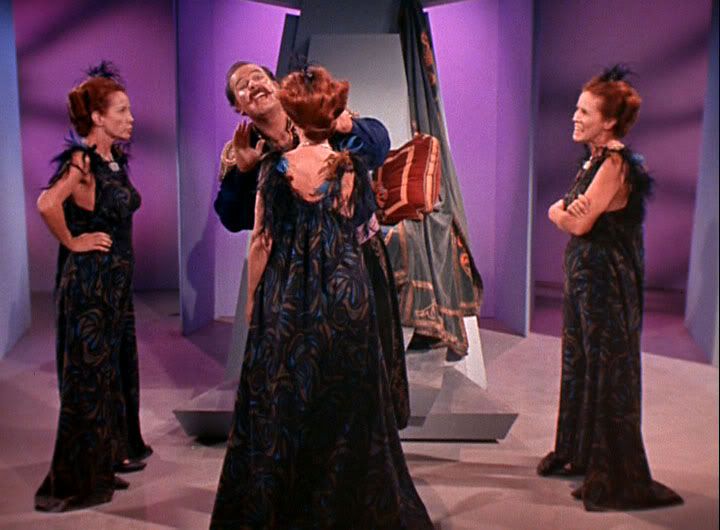by your argument, all jobs taken by those who aren't independently wealth are "coerced."
Uhh, NO.....
1. Voluntariness
Did you take the job out of broad rational self-interest or did you take the job, because there was no other way to feed you family (narrow rational self-interest/survival)?
Did you take the job contrary to your deeply held beliefs, orbecause there was no other job to take?
In a free employment situation, the person is free to make decisions which accord with their values and in alignment with their broad rational self-interests (i.e., long-term survival and benefit vs. immediate need). That is, the person actually has an open market to turn to. The poor coal mining does not have an open horizon for choice in terms of broad rational self-interest and personal values. Some people have had little to no choice but work in highly dangerous situations which result in long-term health disadvantages.
So no, by this criterion, not all people who take jobs who are not independently wealthy are coerced.
2. The Continuum of Choice.
It is not a question of purely free vs. totally coerced, but rather a matter of looking at situations that fall along a spectrum. It is widely accepted truism that if you don't work, you don't eat. There is, therefore, a fair or just amount of coercion in the world if you accept this truism. This much, however, is consistent with respecting human persons as persons. To respect persons as persons means keeping an eye on their responsibilities to themselves and others. You have a responsibility to treat your self as a valuable end (and thus to labor to benefit yourself) and to treat others primarily as ends and not as means (yes, Mr. Scrooge could totally put the screws to his employees, and deny them, but respecting them as humans means that he should consider his employees as something more than just a means to turn a profit).
When on the continuum of diminishing choice and increasing coercion, however, we find that a person's narrow self-interests (the lowest levels of Maslow's hierarchy) result in them debasing themselves - engaging in them allowing themselves to strictly be used as a means to an end - to be an object out of abject necessity, something has gone wrong.
The more coercive a situation is, the more problematic it becomes. My argument is that prostitution, even from a libertarian perspective, is more complicated than a simple declaration that anything goes.
Your post reads like a critique of capitalism and wage slavery, not prostitution.
My post reads like a critique of the "anything goes" approach to the treatment of human beings (pure instrumentalism). If your definition of capitalism has no regard for human persons, if it valorizes slavery, then I suppose it is a critique of capitalism --
but not the variety Adam Smith had in mind.
Voluntary prostitutes are as much and as little coerced as any other unhappy worker in a capitalist economy.
I am convinced that you cannot read or that you cannot reason. If you think that the poor coal miner is no more coerced than the teenager who gripes about working at The Gap, then you must also think that the child laborer working in the diamond mine is free, you must think that poor women in England who suffered from fossy jaw were free, because they ALL could have quit (and then starved) if they hated their jobs so much. Indeed, the homeless must be the freest of all!
No doubt you would squeal about the coercion of unions, but see no coercion in the situations I describe.






